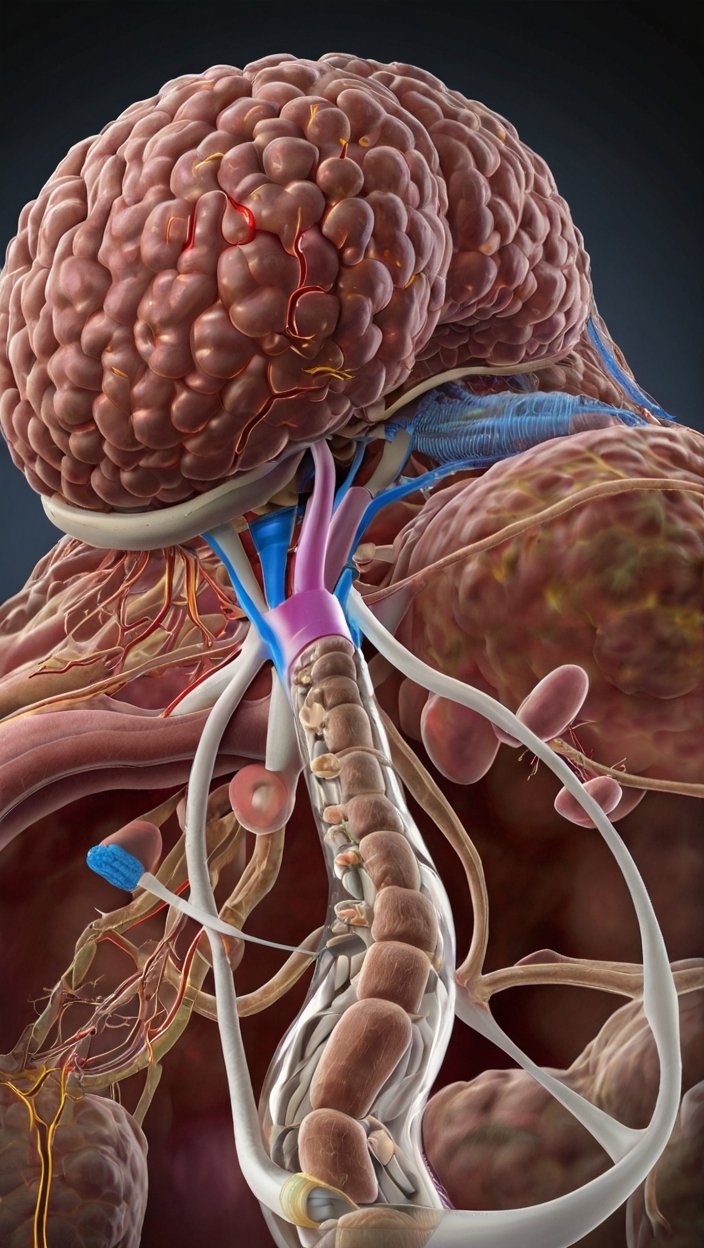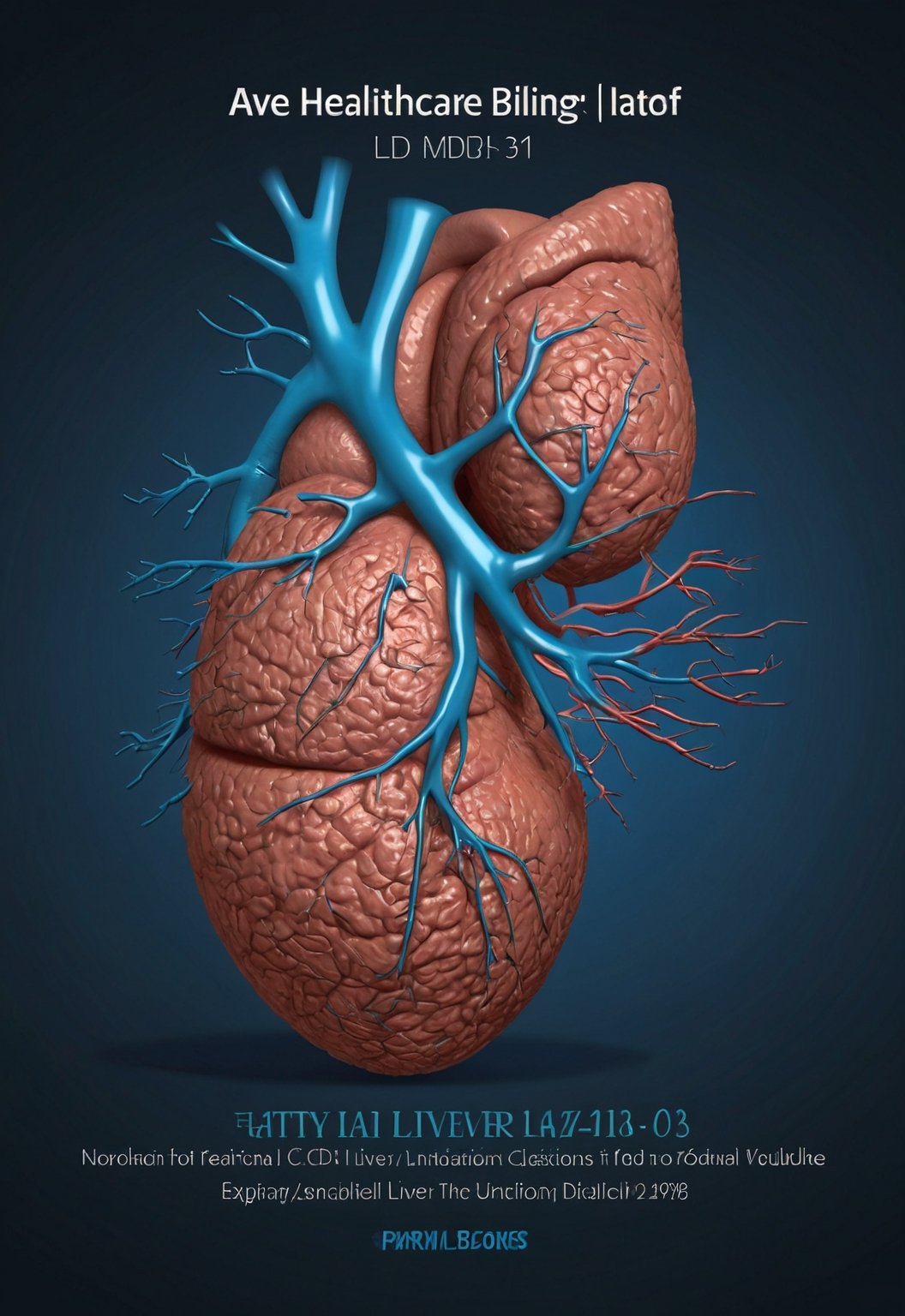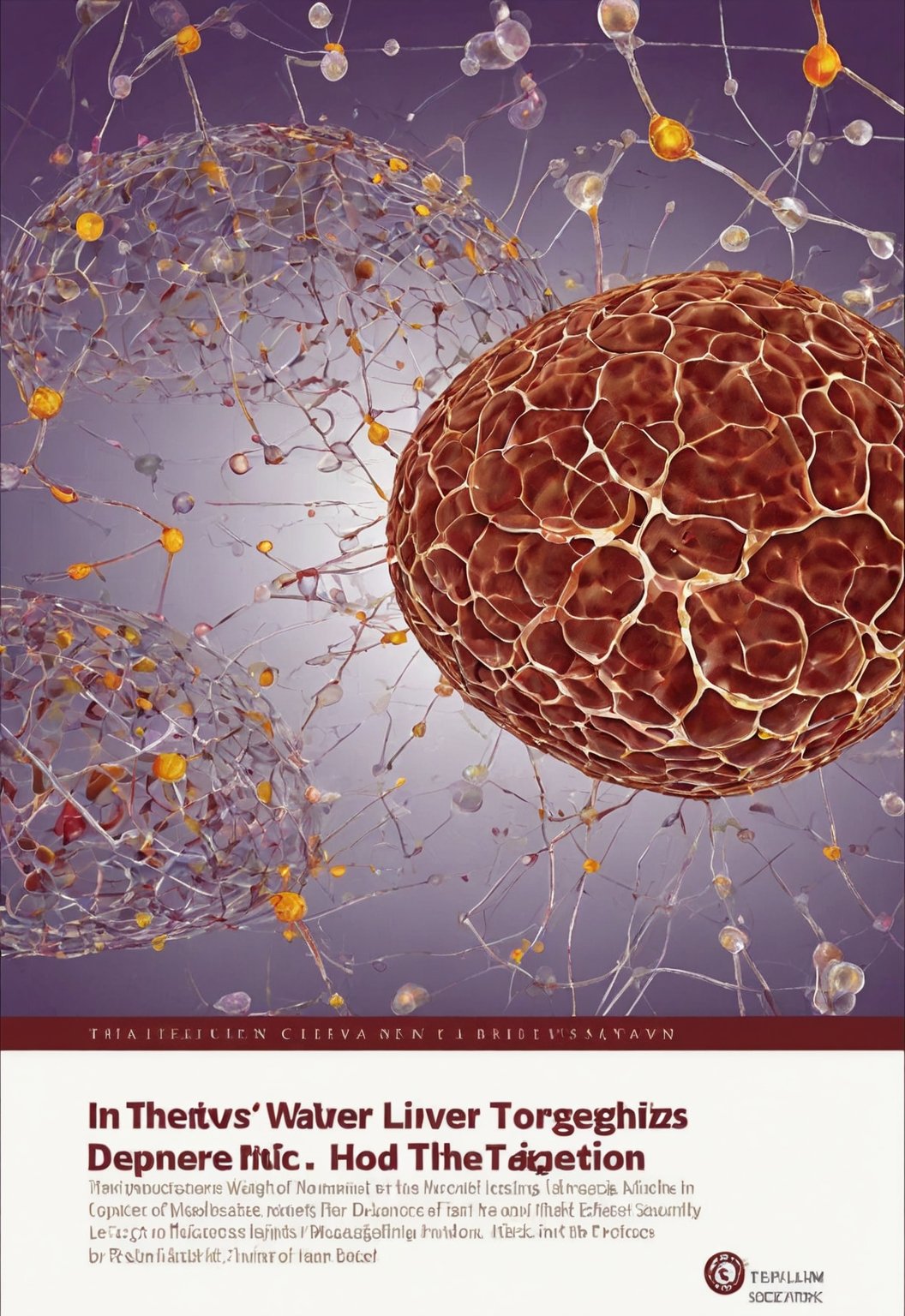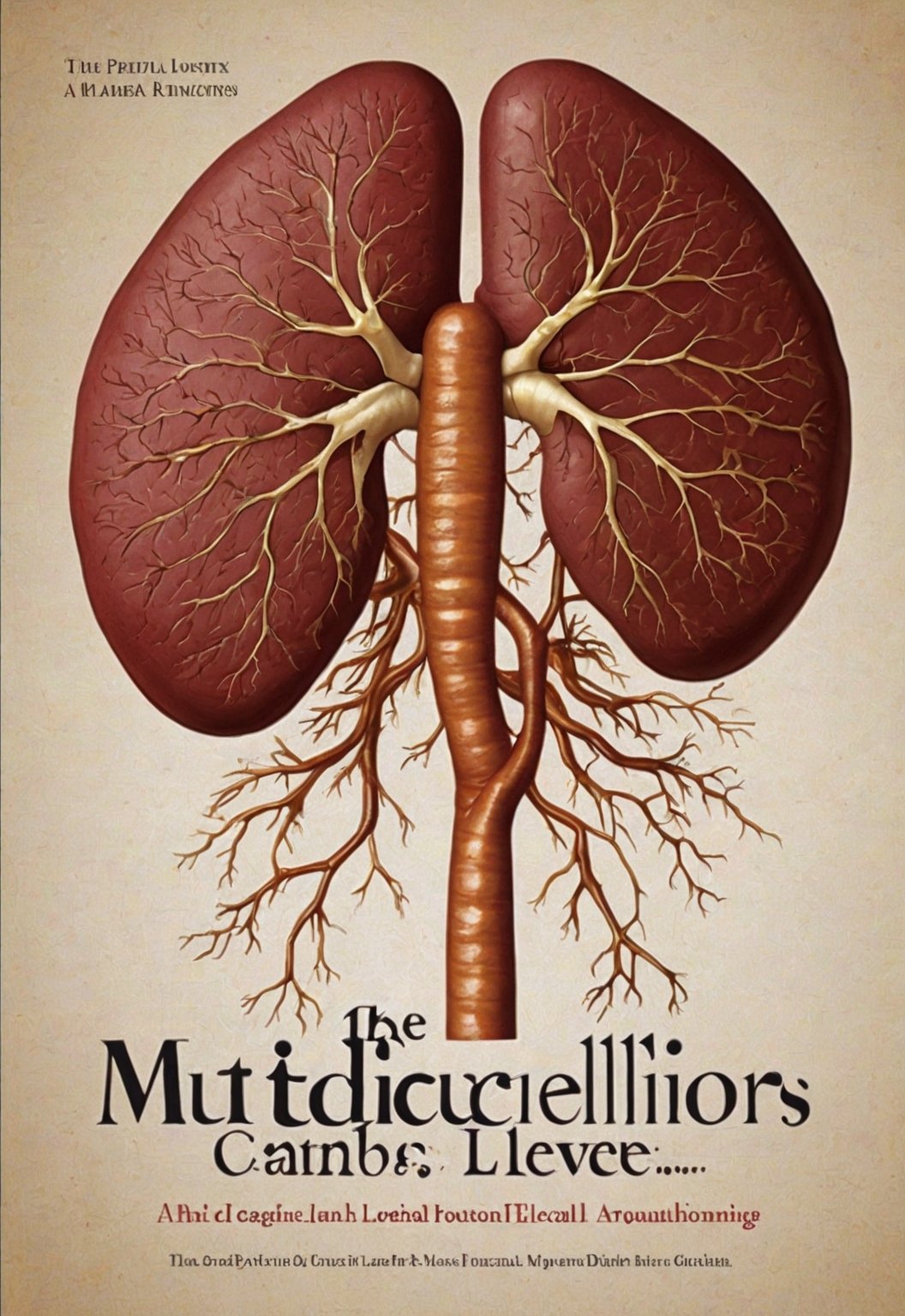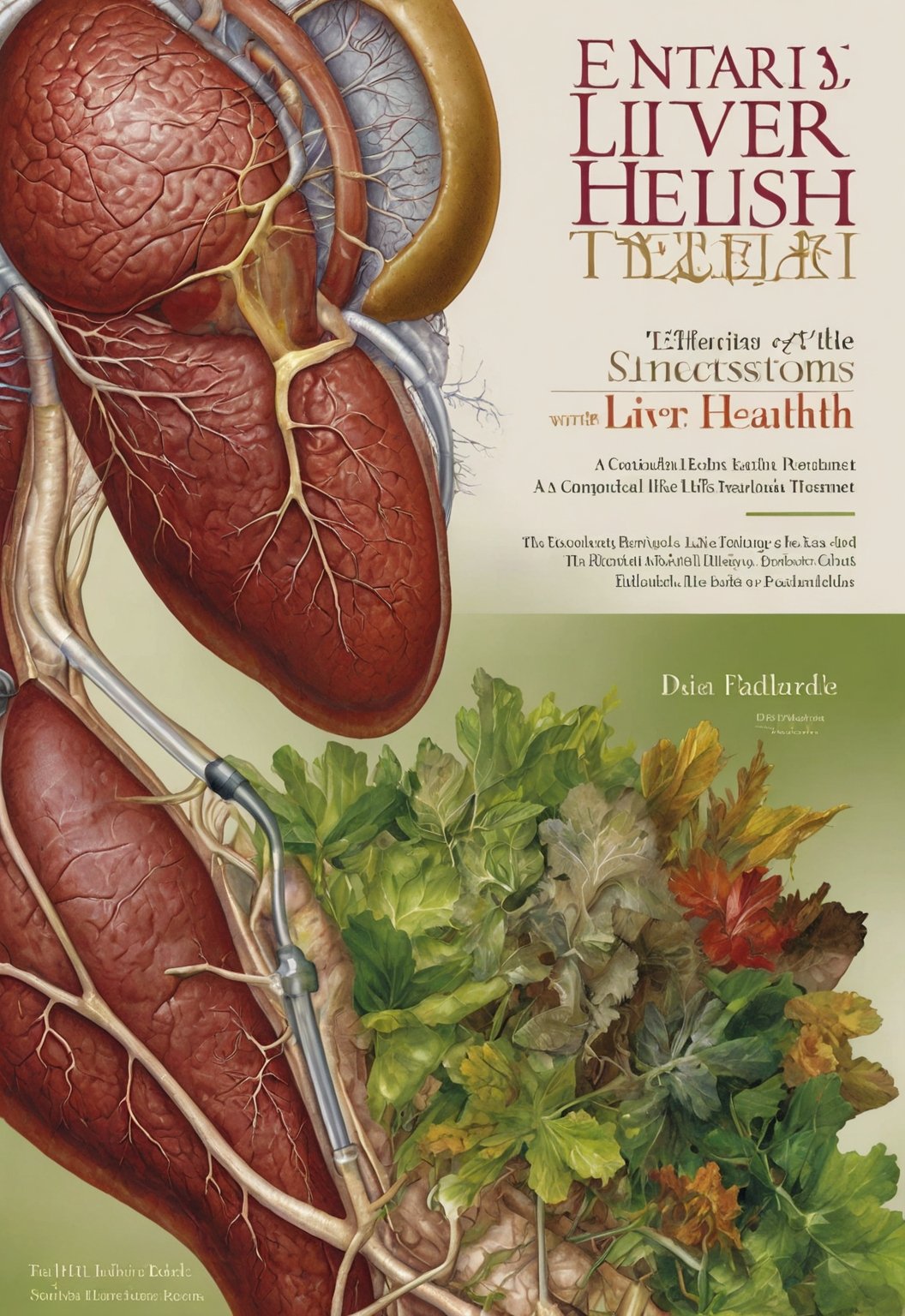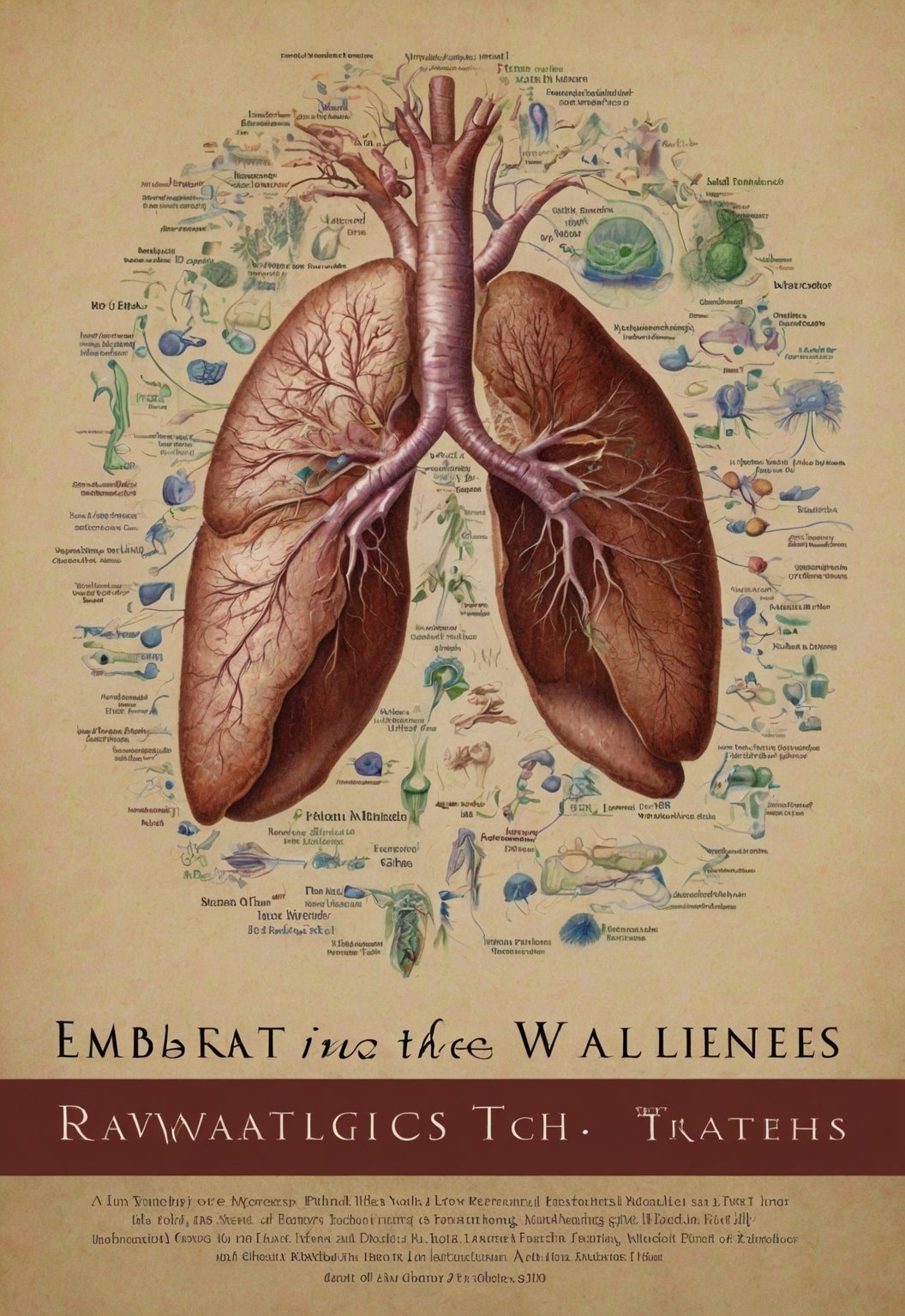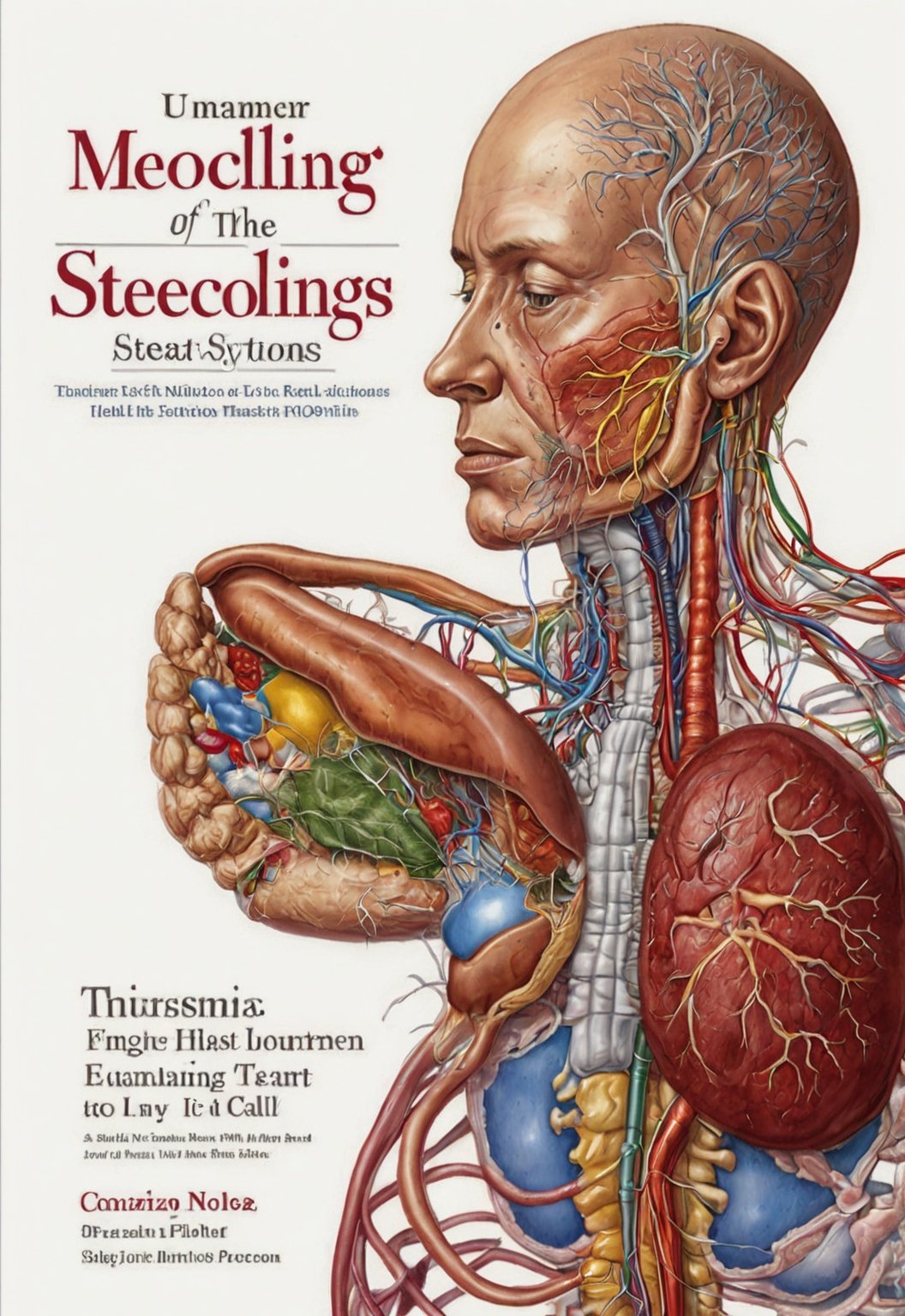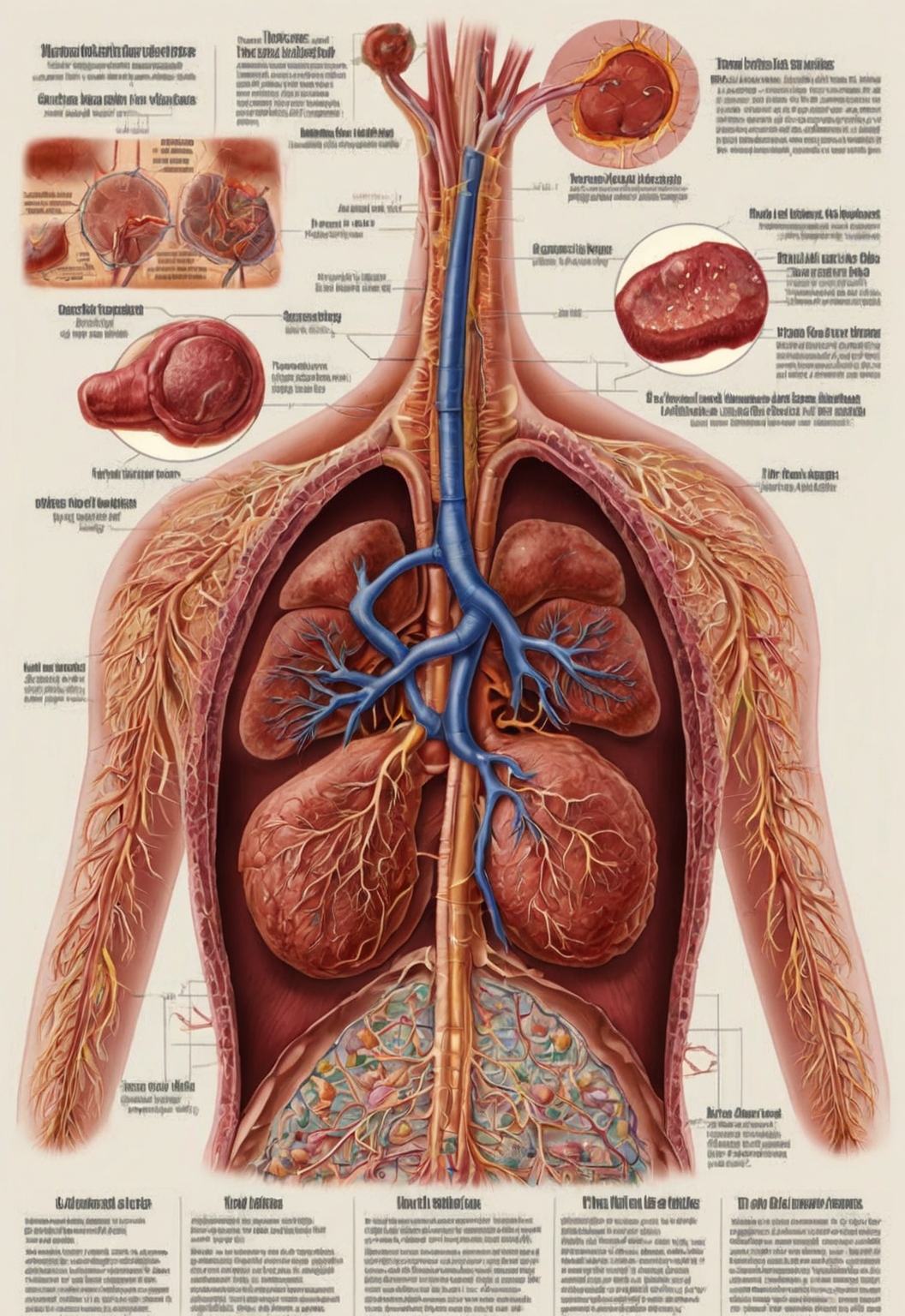Global Surge in Fatty Liver Cases Raises Concerns: Experts Warn of Rising Health Risks
As the incidence of fatty liver disease continues to soar on a global scale, it's imperative to delve deeper into its multifaceted implications and potential strategies for effective management. Fatty liver disease, characterized by the abnormal accumulation of fat in liver cells, spans a spectrum of severity, from benign steatosis to the more concerning non-alcoholic steatohepatitis (NASH), which can progress to advanced liver fibrosis and cirrhosis.
The rise in fatty liver disease can be attributed to a combination of lifestyle factors, including sedentary behavior, unhealthy dietary patterns, and the increasing prevalence of metabolic disorders such as obesity and type 2 diabetes. Furthermore, the consumption of high-calorie, processed foods and excessive intake of alcohol contribute significantly to the development and progression of this condition.
Addressing this epidemic requires a multifaceted approach encompassing public health initiatives, patient education, and advancements in medical research and treatment options. Promoting healthier lifestyle choices, such as regular exercise and a balanced diet rich in fruits, vegetables, and whole grains, is essential for preventing and managing fatty liver disease.
Additionally, raising awareness among healthcare providers and the general population about the risk factors, symptoms, and potential complications associated with fatty liver disease is crucial for early detection and intervention. Encouraging individuals to undergo regular screenings and seek medical attention if they experience symptoms such as abdominal pain, fatigue, or unexplained weight loss can help mitigate the impact of this growing health crisis.
Innovations in medical research are also pivotal for the development of novel therapeutic interventions targeting fatty liver disease. From pharmacological treatments to lifestyle interventions and surgical procedures, ongoing efforts are underway to improve outcomes for patients affected by this condition.
By fostering collaboration among healthcare professionals, policymakers, researchers, and community stakeholders, we can work towards stemming the tide of fatty liver disease and safeguarding the health and well-being of populations worldwide.
